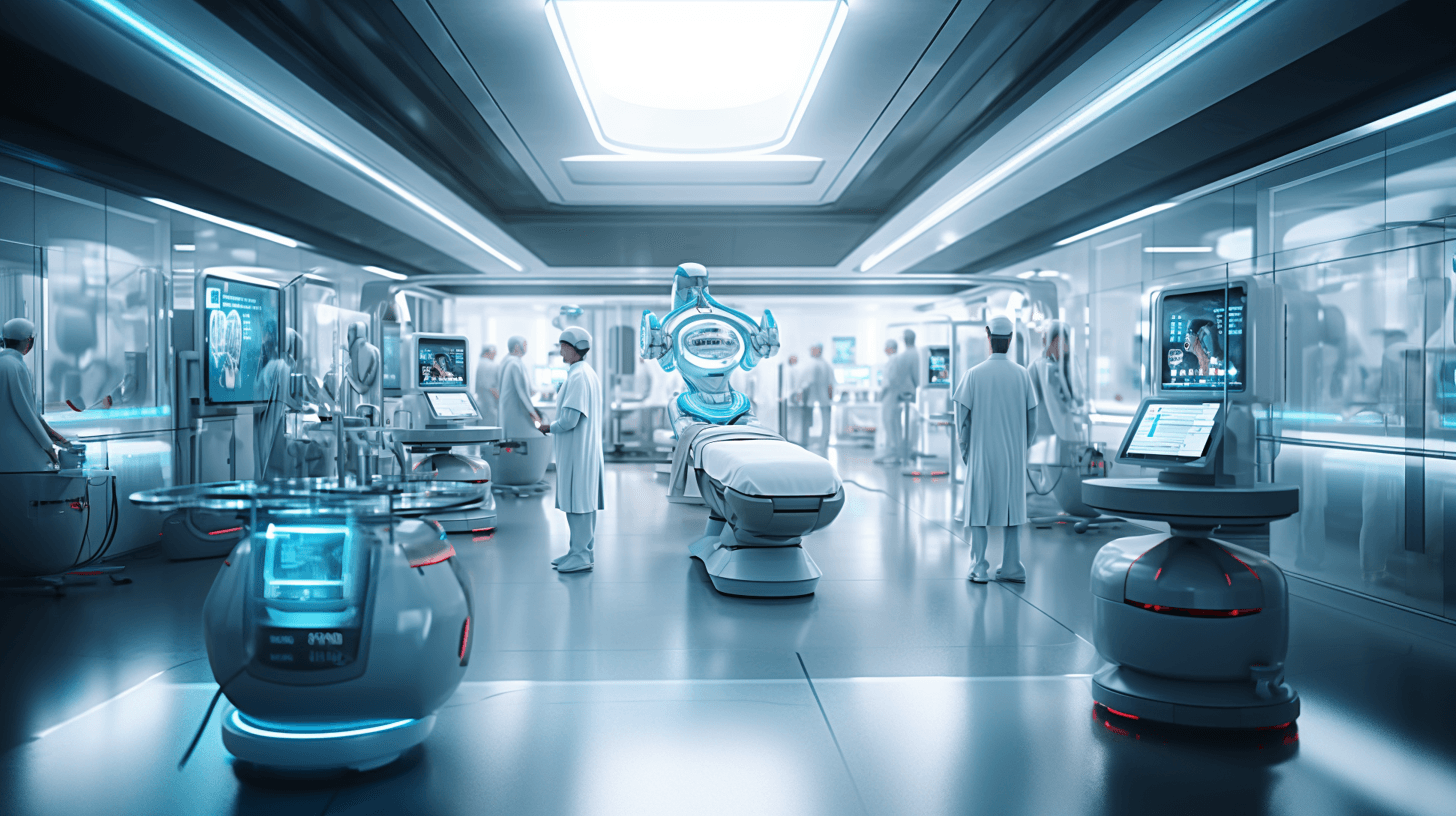
AI’s Role in the Future of Healthcare: Revolutionary AdvancementsAI’s Role in the Future of Healthcare: Revolutionary Advancements Artificial intelligence (AI) is poised to revolutionize healthcare, transforming patient care, drug discovery, and healthcare operations. With its ability to analyze vast amounts of data, identify patterns, and make predictions, AI is unlocking unprecedented opportunities to enhance patient outcomes and streamline healthcare delivery. Patient Care Transformation: * Precision Medicine: AI algorithms can analyze genomic and clinical data to identify personalized treatment plans for individual patients, optimizing outcomes and reducing side effects. * Early Disease Detection: AI-powered diagnostic tools can detect diseases at an early stage, significantly improving treatment efficacy and patient prognoses. * Virtual Consultations and Remote Monitoring: AI-based virtual consultations and remote monitoring devices enable convenient and accessible healthcare, reducing travel time and barriers to care. Drug Discovery and Development: * Accelerated Research: AI can analyze massive datasets to identify promising drug candidates and design clinical trials more efficiently, shortening the drug development process. * Personalized Drug Dosing: AI algorithms can predict optimal drug doses for individual patients based on their genetic profile, improving medication effectiveness and reducing adverse reactions. * Discovery of New Therapies: AI can identify potential targets for drug development by analyzing genetic, clinical, and molecular data. Healthcare Operations Optimization: * Administrative Efficiency: AI-powered automation can streamline administrative tasks such as scheduling, billing, and insurance processing, reducing human error and improving efficiency. * Predictive Analytics: AI algorithms can analyze patient data to predict risk factors and identify patients who may benefit from early interventions or preventive care. * Resource Optimization: AI can optimize resource allocation by analyzing patient flow, staff levels, and equipment utilization, ensuring efficient use of healthcare resources. Regulatory Considerations and Ethical Challenges: As AI plays an increasingly significant role in healthcare, it is crucial to address regulatory considerations and ethical challenges: * Data Privacy and Security: Patient data is highly sensitive, and AI systems must be designed to protect its privacy and security. * Algorithmic Bias: AI algorithms can be biased due to the data they are trained on, leading to unfair or discriminatory outcomes. * Accountability and Transparency: It is essential to establish clear lines of accountability and ensure transparency in AI-powered decision-making. In conclusion, AI has the potential to revolutionize healthcare by enhancing patient care, accelerating drug discovery, and optimizing operations. By addressing regulatory and ethical challenges, we can harness the power of AI to create a more equitable, effective, and efficient healthcare system that benefits all.
Posted inNews